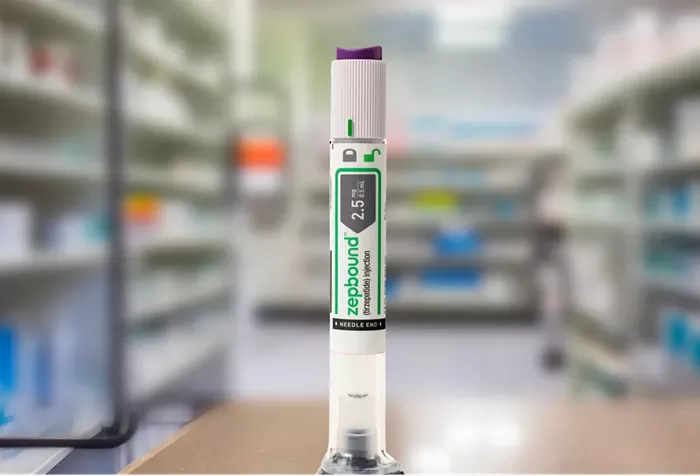Telehealth companies partnering with Eli Lilly continue to offer compounded versions of GLP-1 weight-loss drugs, despite an agreement to stop selling these unapproved alternatives after the FDA declared an end to a long-standing shortage of the branded products. These companies, including Ro and Noom, have been selling cheaper versions of GLP-1 drugs, which include competitors like Novo Nordisk’s semaglutide, as part of Lilly’s agreement.
Lilly has issued a statement warning that anyone selling compounded versions of tirzepatide or semaglutide under names like “personalized” or “tailored” is violating the law and jeopardizing patient safety. The pharmaceutical company also vowed to work with regulators and take legal action against those continuing to sell the drugs. Ro declined to comment on its agreement with Lilly, and Noom did not immediately respond to requests for comment.
The issue arose when telehealth companies began selling compounded alternatives to the branded drugs, such as Lilly’s Zepbound and Novo’s Wegovy, during a shortage that began in 2022. The FDA officially ended the shortages in December for Lilly’s product and earlier this year for Novo’s. Prior to the resolution, compounding pharmacies were able to sell these cheaper versions of GLP-1s, mixing base ingredients like tirzepatide and semaglutide in vials. Since the vials are cheaper to produce than branded injectable versions, they became an attractive option for patients paying out-of-pocket.
Under FDA regulations, compounding pharmacies were allowed to create these alternatives during a shortage, bypassing the usual FDA approval process. However, once the shortage ended, the agency reinstated patent protections for the branded drugs, making the sale of copycat versions illegal. Despite this, some pharmacies believe they can still operate within the law, arguing that as long as the product is not an exact replica of the original drug, they can continue selling it under the premise of offering “personalized” treatments.
Hims & Hers, a publicly traded telehealth platform, is also selling GLP-1 drugs using similar language about providing “personalized” treatments. The company stated that it complies with federal and state law, offering compounded drugs when commercially available options are not suitable for individual patient needs.
Although Hims & Hers is not part of Lilly’s telehealth partnership, the company has a separate partnership with Novo Nordisk, which has not addressed the issue of compounded drugs in its agreements. Hims & Hers CEO Andrew Dudum mentioned in a May earnings call that talks with Lilly were ongoing, but there were no updates about incorporating Lilly’s products into their platform.
In response to the continued sale of compounded drugs, both Lilly and Novo Nordisk have filed numerous lawsuits against compounding pharmacies and medispas, demanding they cease the production and sale of these unapproved drugs. They have also pursued false advertising claims against businesses that falsely claim these drugs are FDA-approved or more effective than the branded versions.
This issue has become a significant point of contention as the U.S. faces growing demand for weight-loss medications, especially in light of the widespread obesity epidemic.
Related Topics:
How Idris Elba Eats and Trains to Stay Fit at 52
Kelly Ripa’s Reluctant Diet Change Transforms Her Physique
Barcelona Targets Injury Recovery for Olmo and Araujo Before 2025-26 Season


